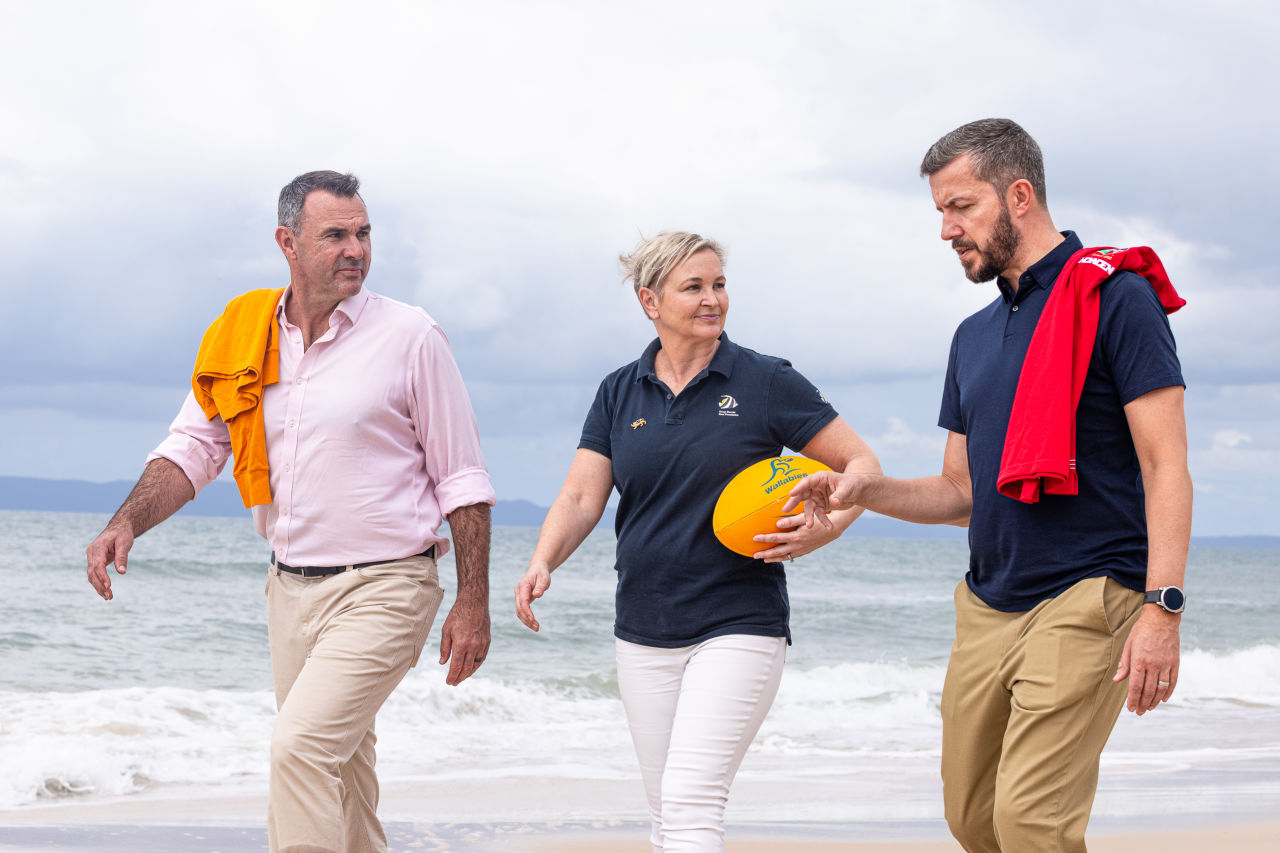The outlook for Australian manufacturing is becoming increasingly uncertain, with the first quarter 2019 results of the Australian Chamber of Commerce and Industry – Westpac Survey of Industrial Trends showing a softening in business sentiment, among broader indicators of an emerging economic slowdown.
“The Westpac-AusChamber Actual Composite Index declined in March 2019 to 61.7, down from 63.0 in December,” Westpac Senior Economist, Andrew Hanlan, said.
“This extends the loss of momentum which emerged late in 2018, with the risk of a further slowing during 2019.
“While the March 2019 reading is not a weak one, it and the patchy start to the 2018 year are the softest readings since the end of 2016.
“The manufacturing sector is still being supported by increased investment in government infrastructure projects. Notably, governments continue to add new projects to the investment pipeline.
“Exports are maintaining a modest uptrend, which is expected to continue, with the lower Australian dollar providing some support.
“However, other dynamics are more difficult, leading to a more challenging environment. The boom in the housing sector has long since passed. In 2018 and moving into 2019, the housing slowdown has accelerated, consumers have reined in their spending, much of regional NSW and surrounds are in severe drought, and the global economy has lost momentum.
“Manufacturing new orders are rising, but at a slower pace, the survey reports. Expectations are that new orders will slow further in the June quarter, with the softest reading in four years.
“Manufacturers are beginning to lose confidence in the general business environment as the Australian economy slows. In March, the number of optimists still outweighs the number of pessimists, with a net 12% of firms expecting the general business situation to improve over the next twelve months. However, that is well down from +38% a year ago and is the softest reading in four years.
“Manufacturers have tempered their investment plans in response to slower growth in new orders and a less positive outlook for profits. A net 12% of firms expect to increase equipment investment in the next year, well down from +26% in December.
“The survey’s Labour Market Composite, which broadly tracks economy-wide jobs growth, points to some slowing of jobs growth in 2019, albeit to a still relatively robust pace.
Australian Chamber CEO, James Pearson, said:
“The softening in business confidence is a timely reminder ahead of election day, that the next Federal Government must take action to lift the cloud of uncertainty that is dominating the investment decisions of many businesses, in particular, small businesses right across the country.
“Rising energy costs are continuing to hurt small businesses and discourage investment.
“As we head into the Federal Election politicians from all parties need to focus on policy that encourages business investment, supports growth, invests in skills and supports business to create jobs.
“The number one objective is to make business more – not less – competitive.
“That means helping employers and employees work better together – with workplace rules that make it easier to create jobs and run businesses, delivering affordable reliable electricity with lower emissions, and stopping the collapse in skills by investing in education and training Australian’s for the jobs of today and tomorrow while maintaining a strong skilled migration program.”
There were over 300 respondents to the Australian Chamber-Westpac Survey of Industrial Trends from across the manufacturing sector.
The survey, the longest-running business survey in Australia, dating from 1966, provides a timely update on the manufacturing sector and insights into economy-wide trends.
The full report can be found on the





